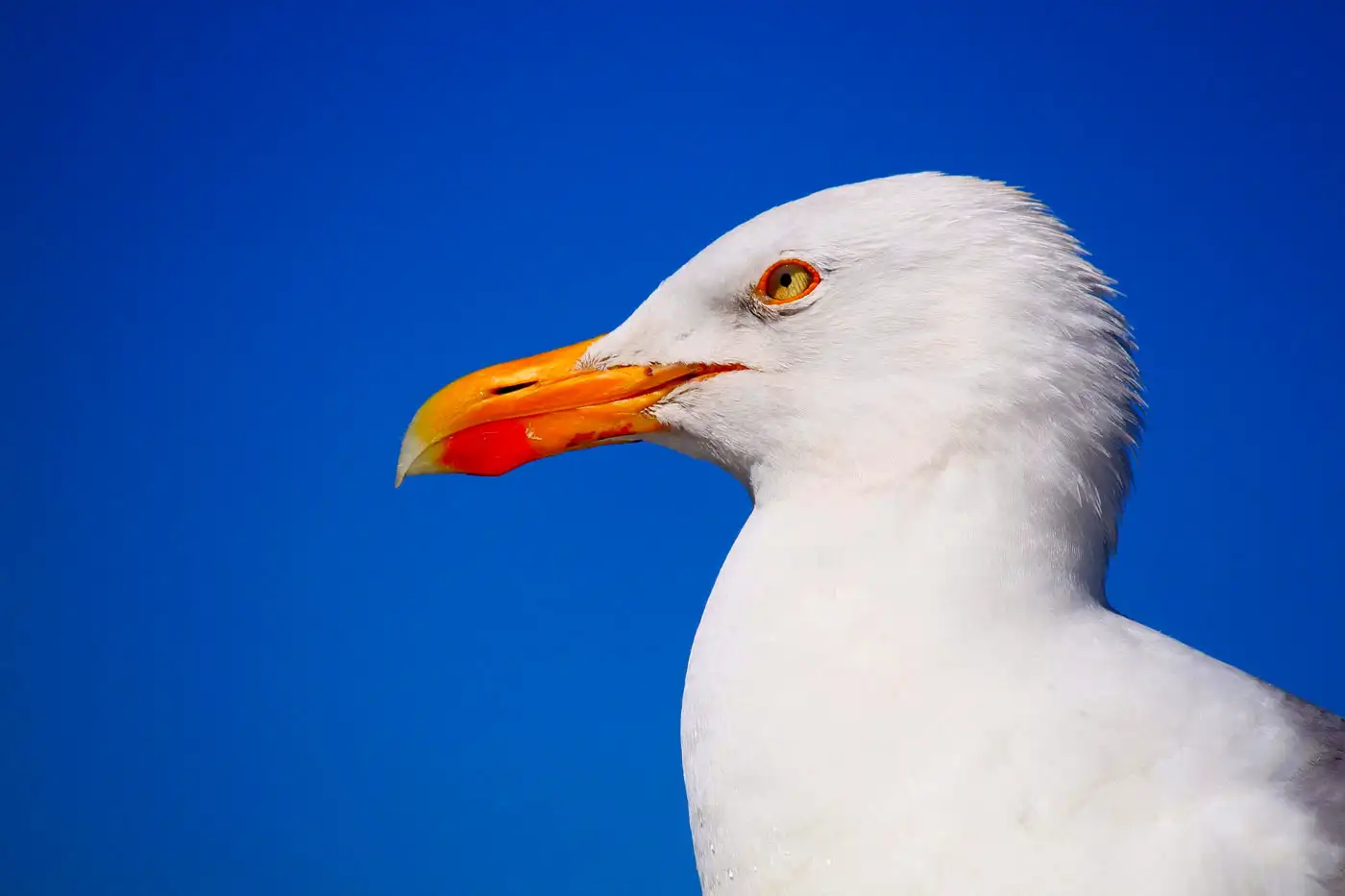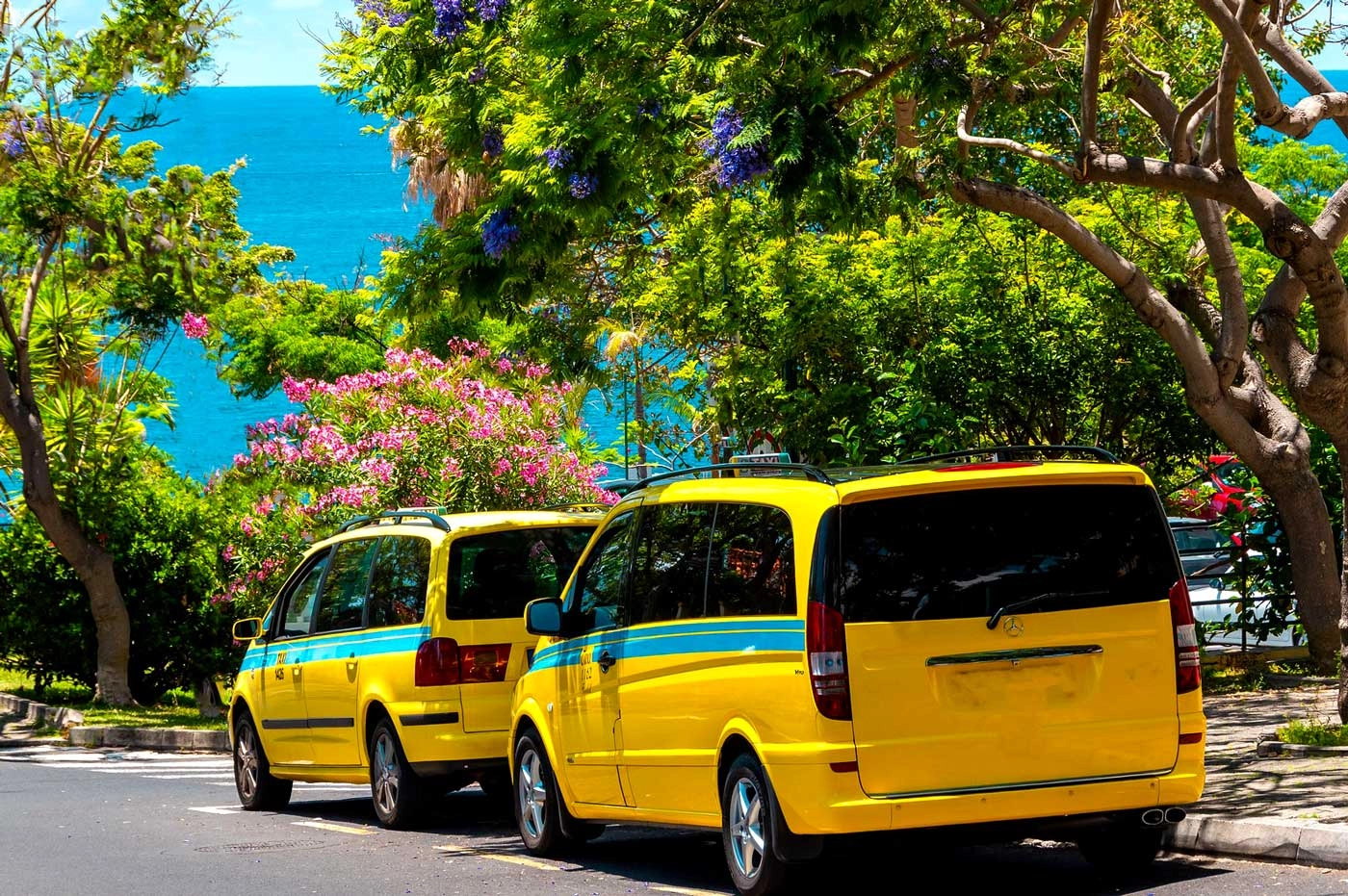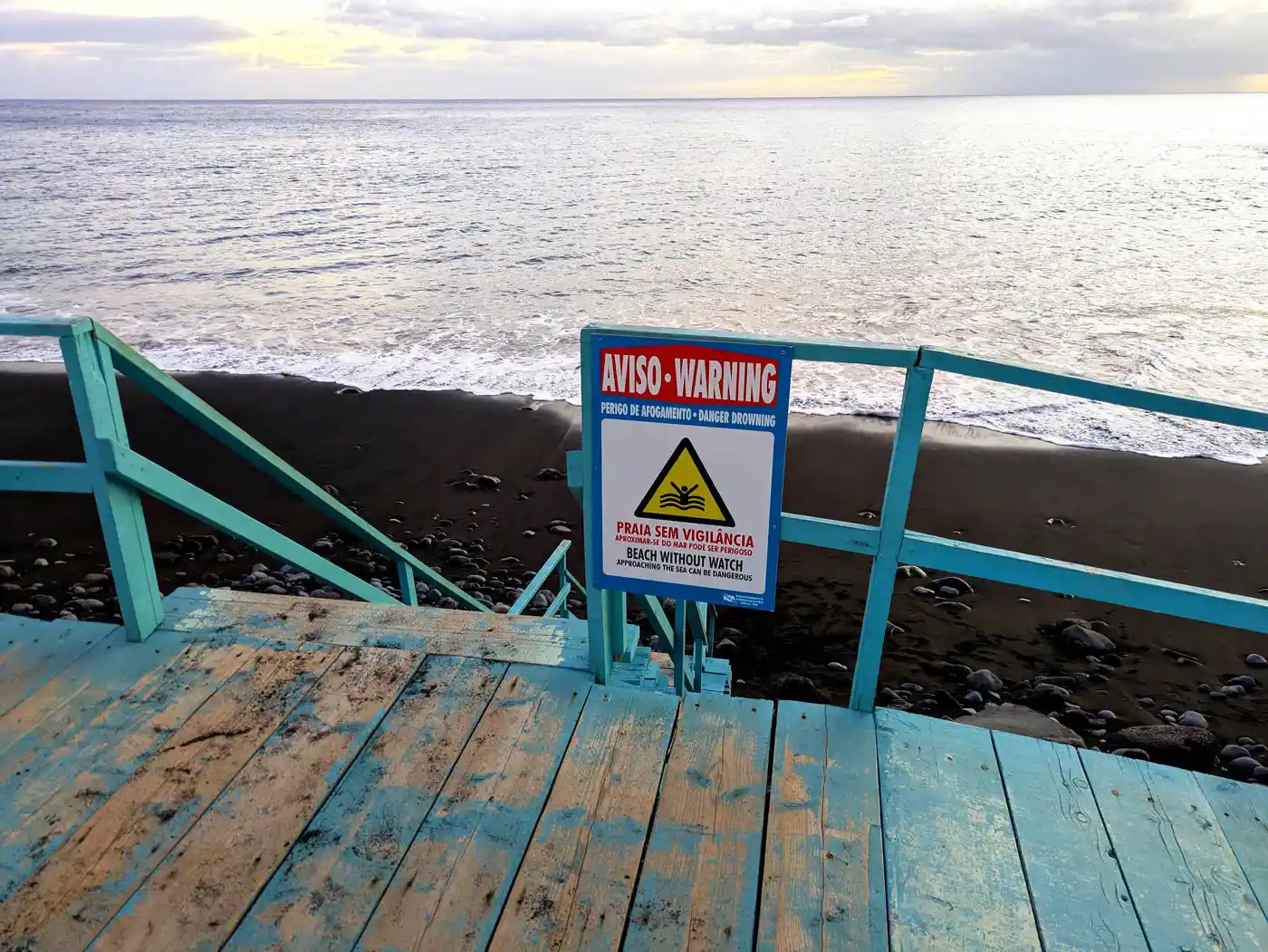Infected Seagull Detected in Funchal
A wild seagull collected alive on October 4 in Funchal tested positive for the H5 avian influenza virus. The Instituto Nacional de Investigação Agrária e Veterinária (INIAV) confirmed the result on October 13 after analyzing samples sent by the Regional Veterinary Service. The bird had been initially rescued by the Centro de Recuperação de Aves do Jardim Botânico under an existing protocol with the Regional Directorate of Veterinary Services.
We isolated the virus that was detected in a seagull, and at this moment we are following the procedures to keep it isolated and prevent the virus from spreading to domestic birds because, as you know, this can cause significant damage and, obviously, also try to prevent the virus from reaching domestic birds, which could be a pathway to humans.
President Miguel Albuquerque, RTP Madeira
Authorities Activate Contingency Plan with Active Surveillance of Wild Birds Across Madeira
Following the positive result, the Regional Health Authority, GNR, and the Veterinary Emergency Office were immediately notified, and the contingency plan was activated. The plan is now in the phase of active surveillance, during which all dead, injured, or weakened wild birds found will be collected and tested. Officials warned that this process may take time due to the number of birds and the careful handling required.
Human Risk Remains Very Low, Residents Advised to Avoid Wild Birds
Officials emphasized that the risk to humans is extremely low, with no confirmed cases of avian influenza in people in the region. “The population should not approach or handle wild birds, especially those that are dead or appear ill,” a spokesperson said. Citizens are encouraged to report unusual sightings to the SOS Vida Selvagem hotline at 961 957 545.
The population should not approach or handle wild birds, especially those that are dead or appear ill.
Biosecurity Measures Strengthened for Madeira Poultry Farmers to Prevent Virus Spread
To prevent possible outbreaks, regional authorities are reinforcing biosecurity measures among poultry producers. A meeting to raise awareness and guide farmers is scheduled for October 16. The government stressed the importance of keeping domestic birds separate from wild birds and maintaining strict hygiene protocols. President Miguel Albuquerque noted that isolating the virus in the rescued seagull is a precaution to avoid economic losses and limit the virus’s spread to domestic flocks.
Recent H5N1 Avian Influenza Outbreaks and Their Economic Impact
United States (2022–2024)
Animal Losses: Over 169 million farm birds were lost due to the outbreak.
Economic Impact: The U.S. agriculture sector faced severe disruptions, with the economic toll estimated at $2.5 to $3 billion.
India (January 2025)
Animal Losses: Approximately 540,000 birds died across multiple districts.
Economic Impact: The outbreak led to a significant shortage of quality country chicken, causing prices to surge from under €3.00 to over €10 per kilogram.
United Kingdom (2021–2023)
Animal Losses: Seabird populations, including great skuas and northern gannets, declined by over 75% and 25%, respectively.
Impact: While direct financial losses are challenging to quantify, the decline in seabird populations has implications for biodiversity and eco-tourism.






Comments